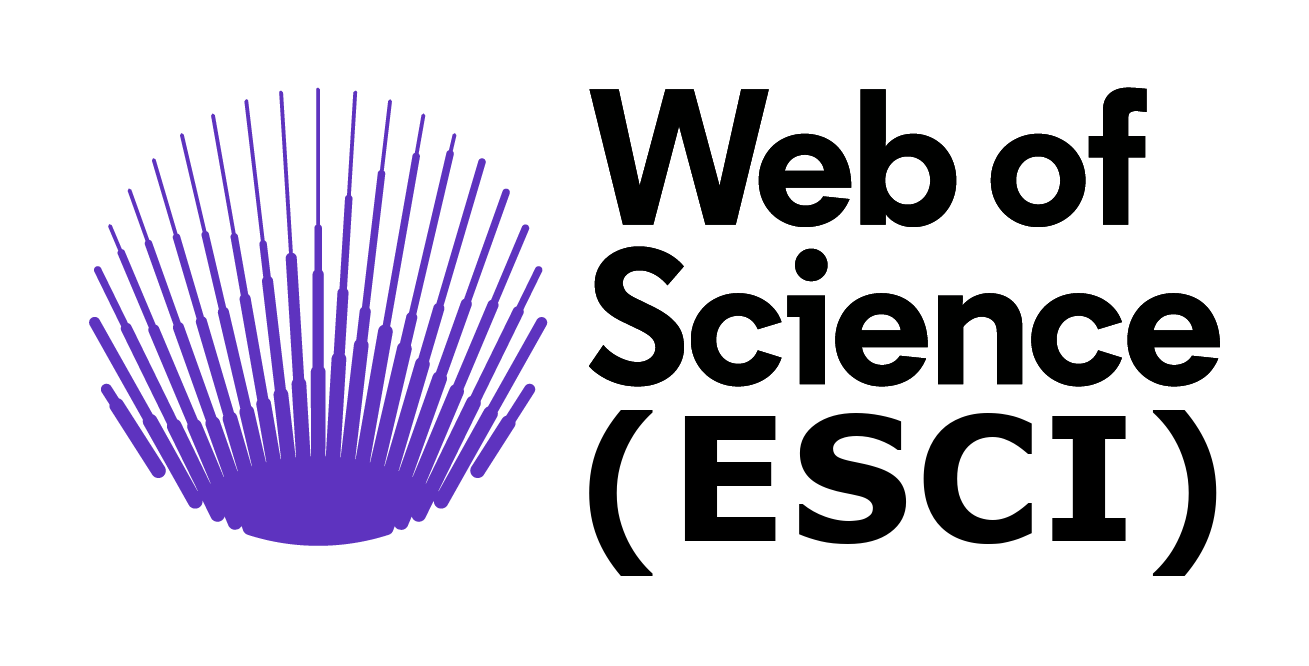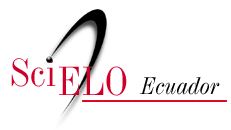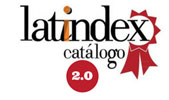Effect of replacing pork backfat with avocado oil on the quality of chicken sausages "Swiss type"
DOI:
https://doi.org/10.29019/enfoqueute.v6n1.55Keywords:
substitution, sausage, fat, oil, avocadoAbstract
(Received: 2015/01/27 - Accepted: 2015/03/27)
A kind of chicken sausage “Swiss type” was developed with avocado oil content to replace all fat from pork back fat in its formulation. Analysis of lipid profile for pork back fat reported: SFA 35.45 %; MUFA 41.95 %; PUFA 20.71 %. For avocado oil: SFA 18.66 %; MUFA 68.37 %; PUFA 12.19 % . Treatments used which corresponding to the percentages of avocado oil content as a substitute for pork back fat in their formulation were: T1 = 50 %, T2 = 75 %, T3 = 100 %. Sensory acceptability of treatments was performed. There were no statistically significant differences. Treatment T3 with highest score was chosen as the best treatment. Physicochemical and microbiological characterization was performed for T3 treatment and for a treatment which didn’t have in its formulation avocado oil, T0 treatment. T0. Protein was 13.23% in T0 and 12.56% in T3. Total fat, SFA and PUFA in T3 were reduced in 3.7%, 5.24% and 2.53% respectively. MUFA showed an increase of 3.51% in T3. Trans acids was 0% for both treatments. The results obtained were located within the acceptable range established in the NTE (INEN) 1338:12.
Downloads
Published
How to Cite
Issue
Section
License
The articles and research published by the UTE University are carried out under the Open Access regime in electronic format. This means that all content is freely available without charge to the user or his/her institution. Users are allowed to read, download, copy, distribute, print, search, or link to the full texts of the articles, or use them for any other lawful purpose, without asking prior permission from the publisher or the author. This is in accordance with the BOAI definition of open access. By submitting an article to any of the scientific journals of the UTE University, the author or authors accept these conditions.
The UTE applies the Creative Commons Attribution (CC-BY) license to articles in its scientific journals. Under this open access license, as an author you agree that anyone may reuse your article in whole or in part for any purpose, free of charge, including commercial purposes. Anyone can copy, distribute or reuse the content as long as the author and original source are correctly cited. This facilitates freedom of reuse and also ensures that content can be extracted without barriers for research needs.
This work is licensed under a Creative Commons Attribution 3.0 International (CC BY 3.0).
The Enfoque UTE journal guarantees and declares that authors always retain all copyrights and full publishing rights without restrictions [© The Author(s)]. Acknowledgment (BY): Any exploitation of the work is allowed, including a commercial purpose, as well as the creation of derivative works, the distribution of which is also allowed without any restriction.























 Enfoque UTE - Facultad de Ciencias de la Ingeniería e Industrias - Universidad UTE
Enfoque UTE - Facultad de Ciencias de la Ingeniería e Industrias - Universidad UTE